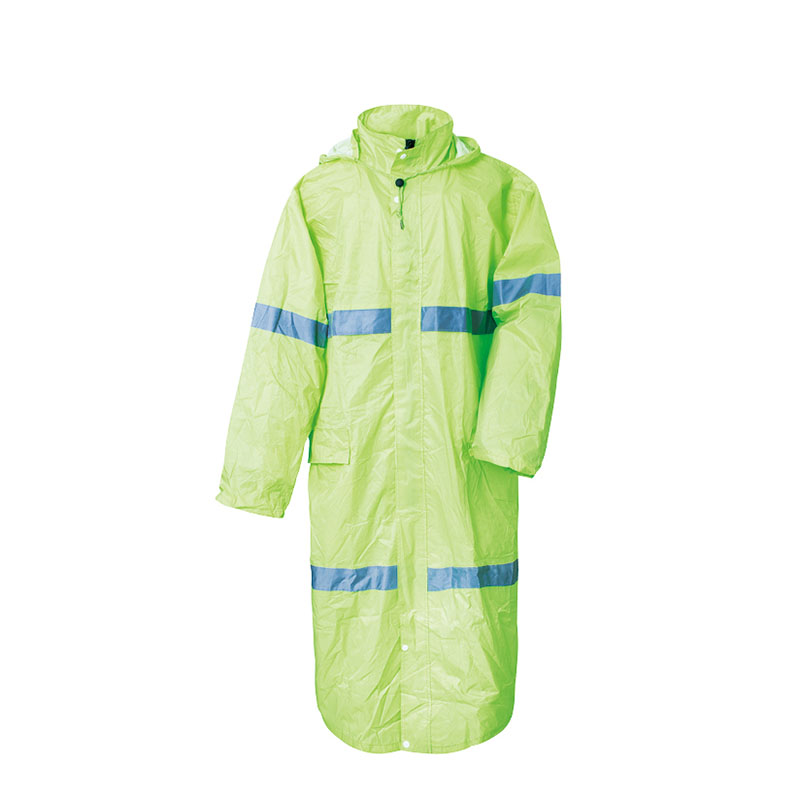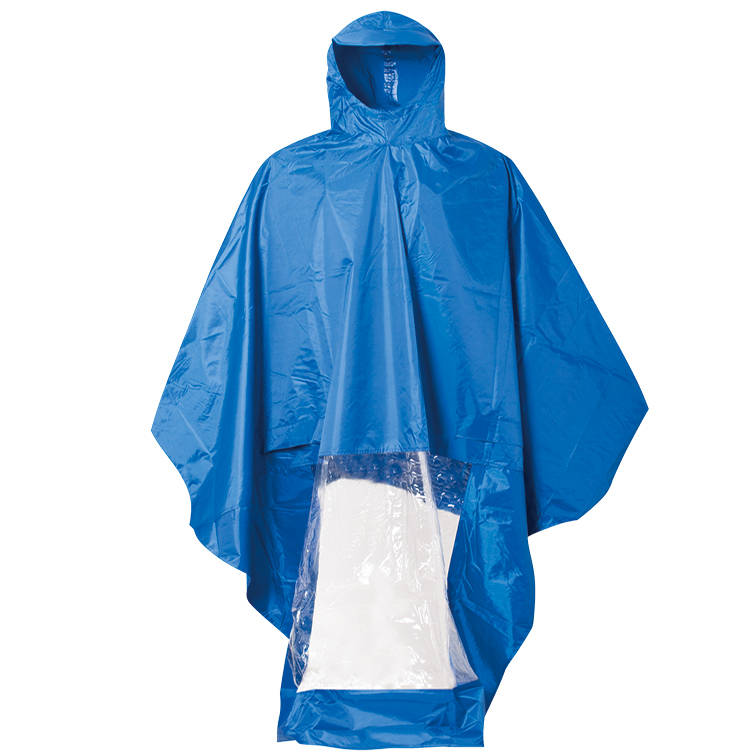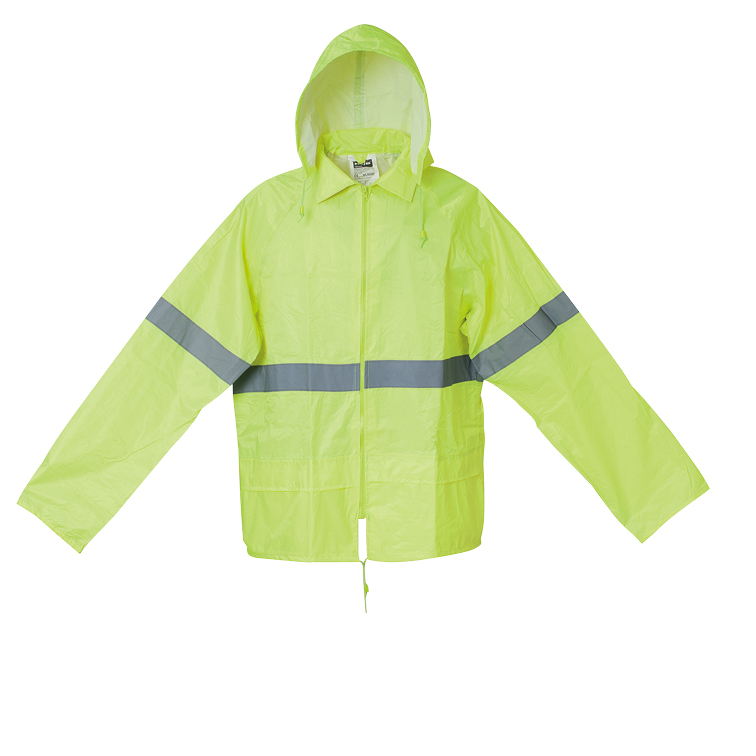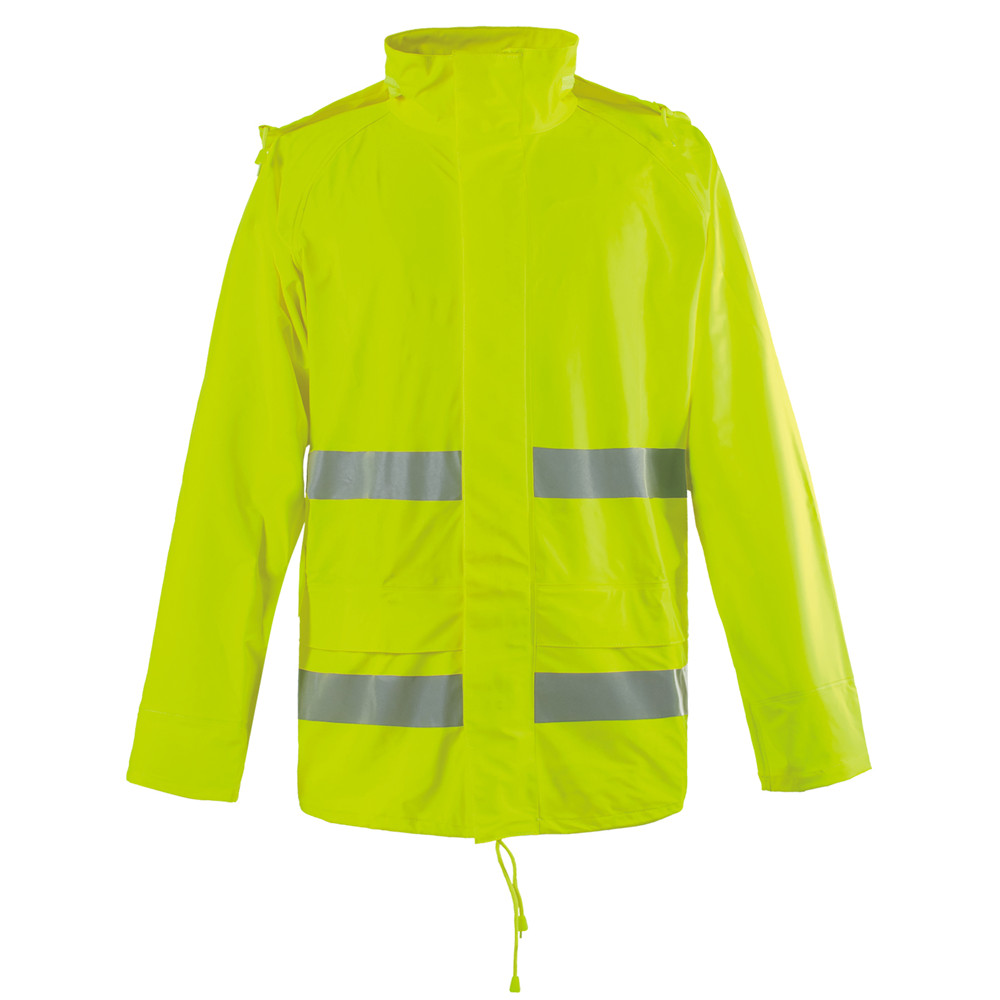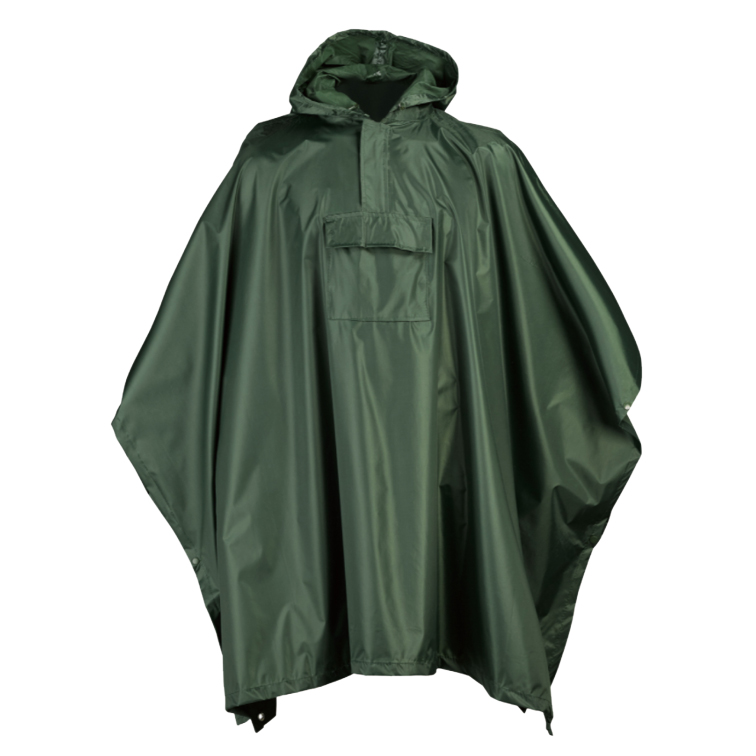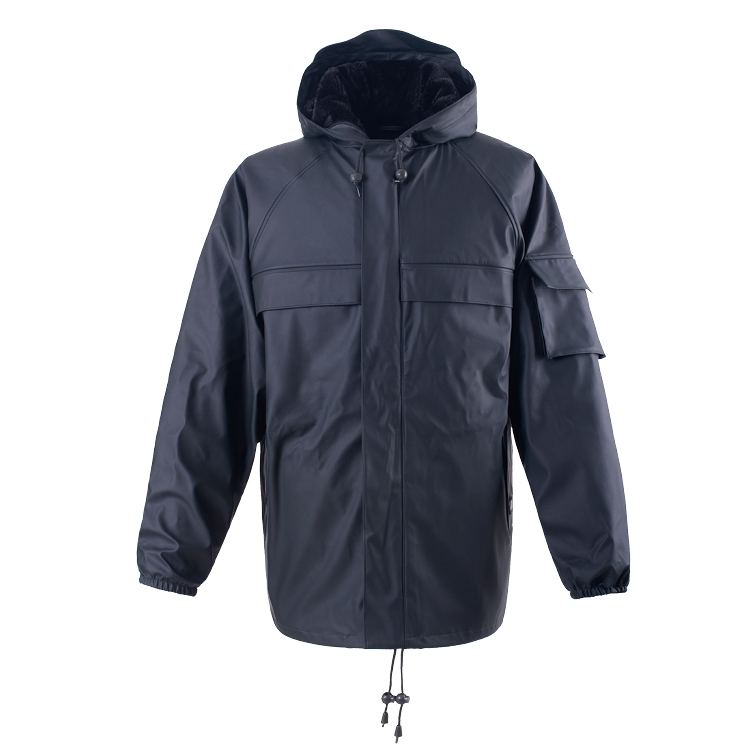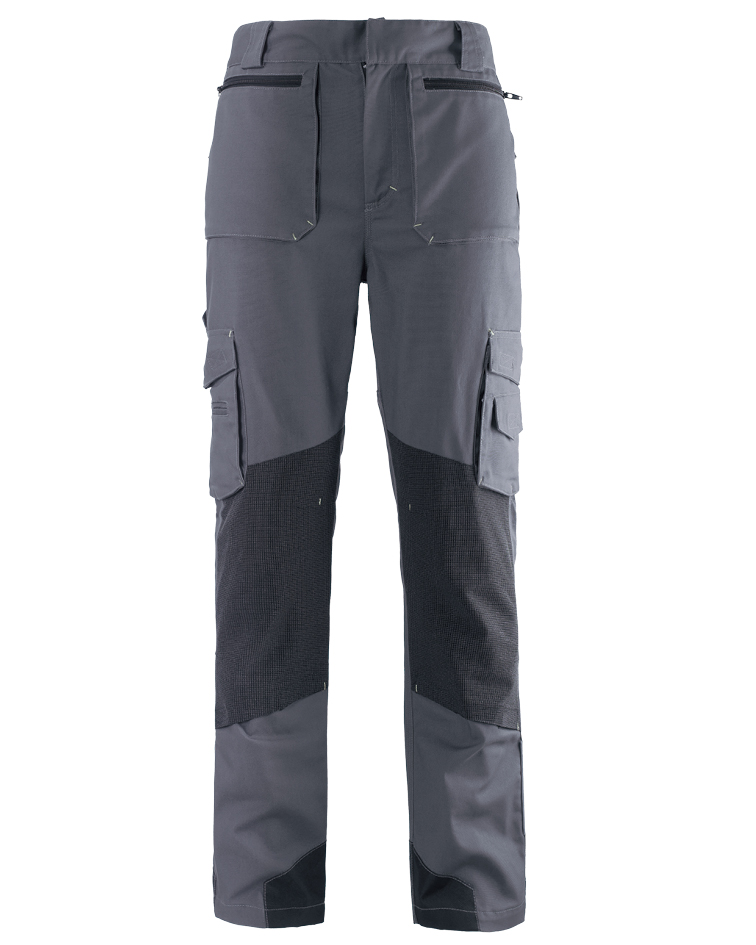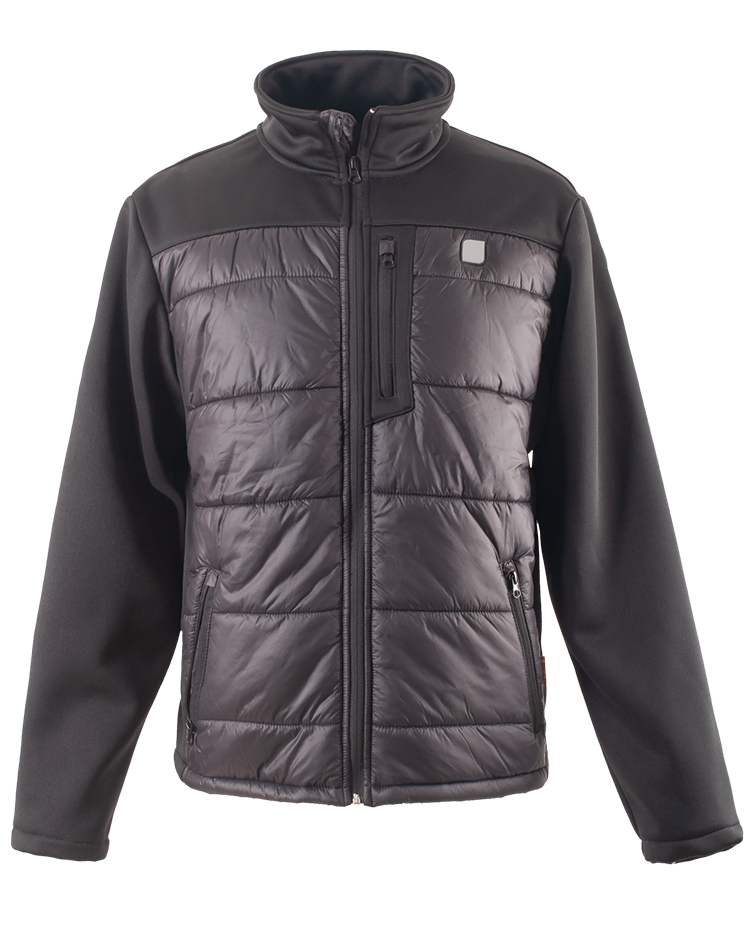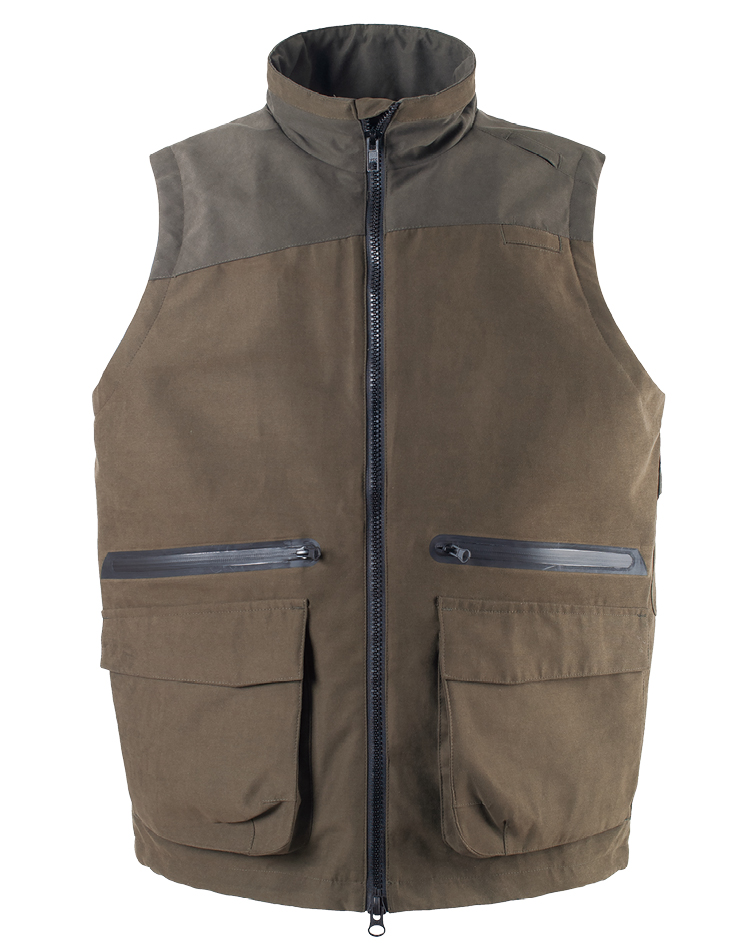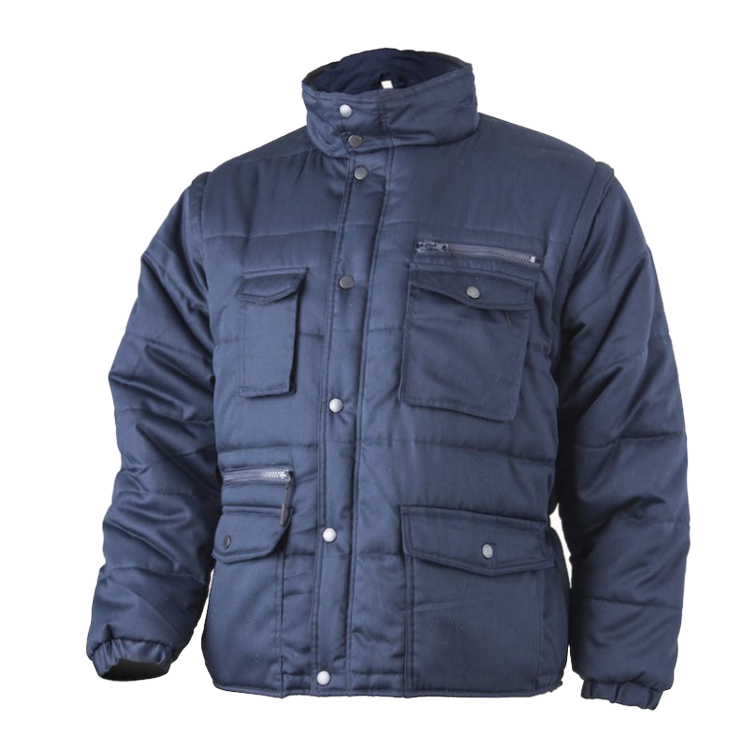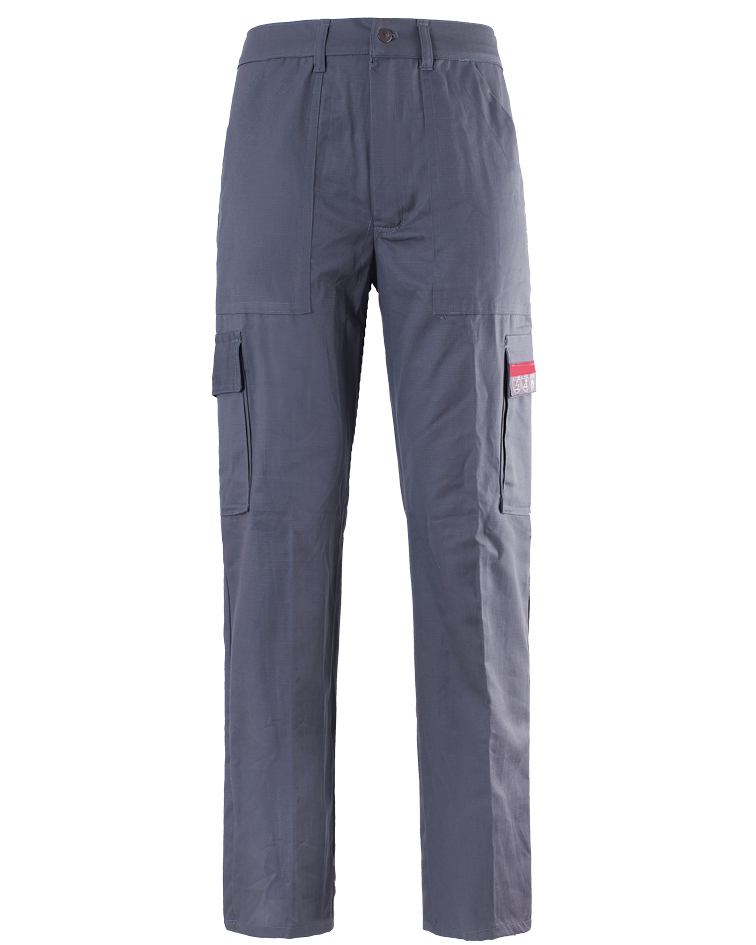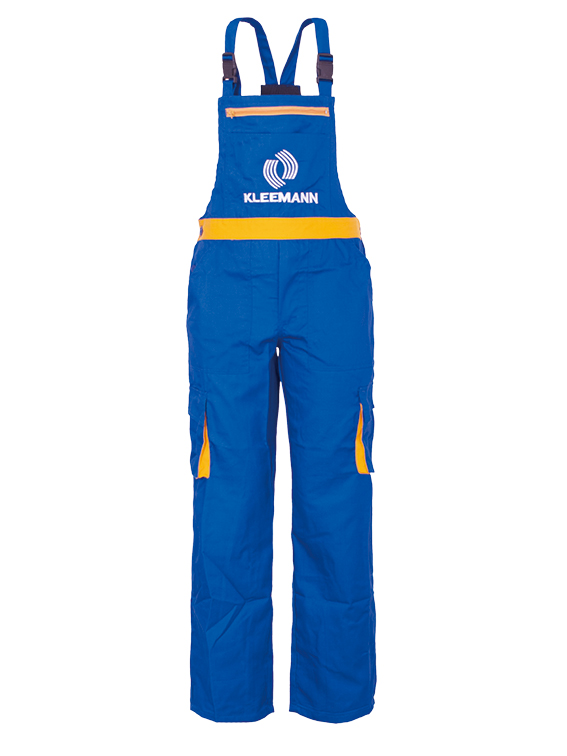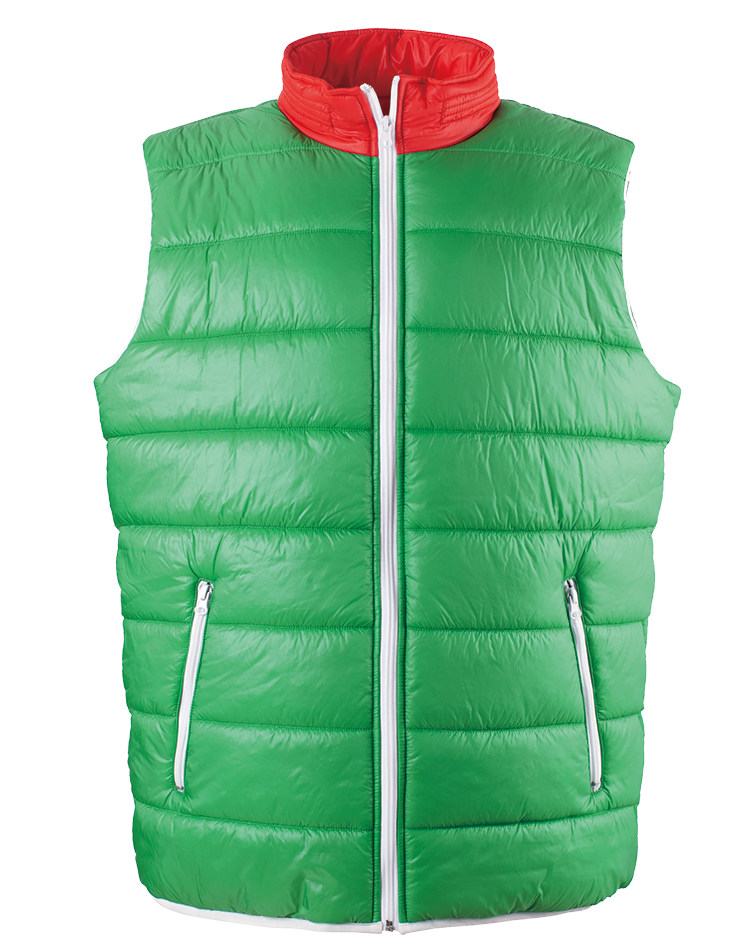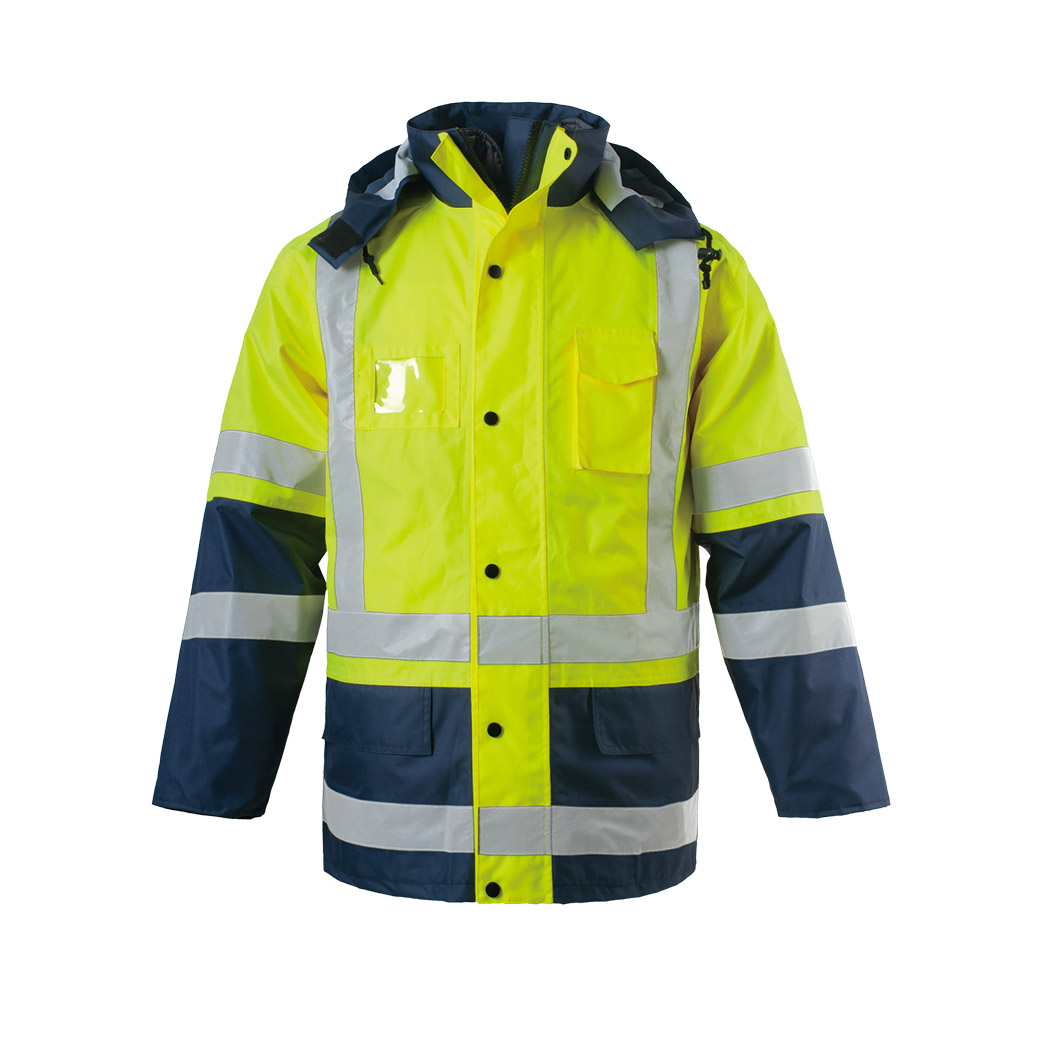Dear customers and friends:
Field Notes on a WINTER JACKET that Works When Weather Doesn’t
If you’ve spent a few seasons chasing deadlines in sleet and sideways snow (same), you learn fast which gear is hype and which is built right. The WINTER JACKET I’ve been seeing from northern logistics crews and site managers is a softshell-forward design—quietly practical and, frankly, more durable than the price tags I’ve seen would suggest. Industry trend check: softshell + strategic padding is edging out bulky puffers for people who actually move on the job. Breathability matters. So does a shell that doesn’t snag on scaffolding or tear at the first pallet corner.
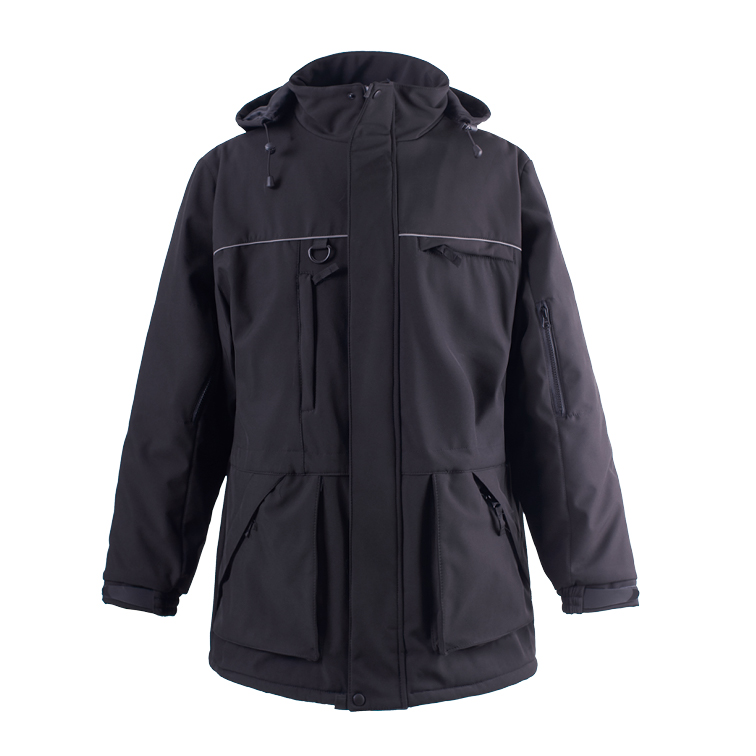
Quick look: softshell face, 190T polyester lining, 100% polyester padding. Looks simple; hides a lot of engineering.
Technical Snapshot
Short description: DM256 SOFTSHELL, 190T polyester lining, padding 100% polyester. Origin: 14/F., Yisheng Building, No.68 West Heping Road, Shijiazhuang, China.
| Spec | Details (≈ values; real-world use may vary) |
|---|---|
| Shell | DM256 softshell, 100% polyester; optional TPU membrane for weather resistance |
| Lining / Padding | 190T polyester lining; 100% polyester padding ≈120–180 g/m² |
| Thermal + Breathability | Target comfort down to around −10°C with layering; Ret (ISO 11092) ≈12–18 m²·Pa/W (internal lab) |
| Weatherproofing | Water column up to ≈5,000–10,000 mm (membrane option); critical seam taping optional |
| Durability | Pilling ISO 12945-2 target Grade 4; seam strength ISO 13935-2: ≥400 N (typical softshell benchmark) |
| Sizes / Colors | XS–3XL; custom PMS colors, reflective trims optional |
| Service Life | ≈3–5 winters under normal industrial use and care |
Where it’s Actually Used
- Logistics yards and cross-docks (night shifts, wind tunnels between trailers)
- Utilities, telecom towers, and field maintenance crews
- Construction and civil works—especially high-visibility colorways
- Outdoor retail staff and ski town deliveries—lighter, less swishy than classic parkas
Advantages people mention: smooth arm mobility, doesn’t sponge up sleet, and it dries fast in a locker room. One buyer told me their team “stopped stealing the warehouse hoodies” once the WINTER JACKET landed. Small victories.
Process & Quality Flow
- Materials sourcing: softshell face + 190T lining; padding spec per region climate.
- Cutting & assembly: bar-tacked stress points; YKK or equivalent zippers on request.
- Sealing & finish: DWR finish; optional taped seams for high precipitation zones.
- Testing: ISO 11092 breathability; EN 342 thermal ensemble checks; AATCC 135 dimensional stability; ASTM D737 air permeability (as needed).
- Final QA: needle detection (if required), bulk sampling, carton compression test.
Vendor Landscape (quick compare)
| Vendor | MOQ | Lead Time | Certs | Customization | Indicative Price |
|---|---|---|---|---|---|
| Dellee (this WINTER JACKET) | ≈300–600 pcs | ≈30–45 days | OEKO-TEX fabric options; EN 342-ready designs | Colors, trims, logos, membrane, seam taping | Mid-range; volume discounts |
| Vendor A (EU) | ≈200 pcs | ≈45–60 days | EN 342 / EN 343 lines | Moderate | Higher |
| Vendor B (Asia) | ≈800 pcs | ≈35–50 days | Basic QA docs | High, but surcharge | Budget |
Customization & Compliance
Branding, high-vis panels, storm flaps, hood styles, elastic or Velcro cuffs, and reflective heat-transfers are common requests. For regulated roles, spec toward EN 342 (cold protection) and, where rain is constant, EN 343. Fabric options can meet OEKO-TEX Standard 100; some mills offer bluesign-approved textiles. To be honest, get lab reports aligned to your tender—no guessing on PPE.
Case Snapshot
A regional courier retrofitted uniforms ahead of a cold snap—1,200 units of the WINTER JACKET with membrane, reflective piping, and radio loops. Feedback after 60 days: fewer “layer complaints,” better range of motion, and jackets still looked tidy after three wash cycles (home laundry program). Not scientific, but it tracks with what I’ve seen.
Testing Notes (selected)
- ISO 11092 (Ret) internal checks: ≈12–18 m²·Pa/W depending on membrane and padding.
- EN 342 ensemble tests available on request; aim for balanced insulation vs. weight.
- AATCC 135 shrinkage target: ≤3% after 3 home-launder cycles.
- ASTM D737 air permeability tuned by face fabric density; trade-offs are normal.
Citations:
Post time: Oct . 27, 2025 11:15

